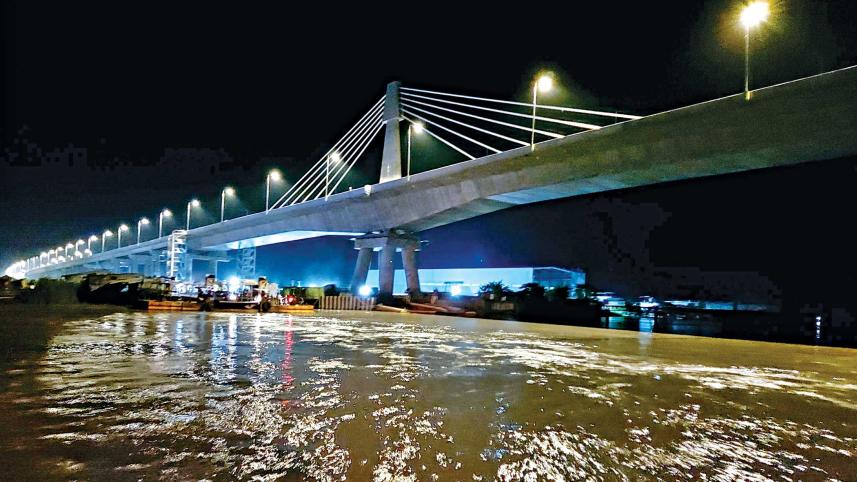We need civilian oversight of public projects

The last few weeks have seen a barrage of damning reports about a number of publicly funded projects that, despite the difference in their nature, scale and even priority, found themselves facing a common foe: time and cost overruns, with the outcome being far from satisfactory. To be fair, this is not a new phenomenon, nor are government projects alone vulnerable to the double whammy of time and cost overruns. But the reported increase in such occurrences—The Daily Star alone published a number of stories recently on various projects—signals a pattern in which incompetence and corruption are equally tolerated at the expense of public interests. This is unacceptable.
We, therefore, join the call for institutionalising civilian oversight of public projects. The reason is simple: if the people of the country are going to pay for projects undertaken on their behalf, then they have a stake in the timely and effective implementation of said projects. Experts at a recent seminar have said that, although the government approves thousands of development projects every year, most are marred by poor planning and implementation as well as poor oversight, leading to all sorts of problems. The experts have, therefore, proposed making it obligatory for all ministries and development authorities to engage civil society when developing and implementing their projects. This will require establishing a built-in framework in the project development phase that will facilitate civil society engagement with a systematic monitoring and reporting mechanism. Such collaboration will help the authorities take corrective measures when needed.
However, such oversight, one fears, will be a tough sell to our bureaucrats, who have been historically resistant to any civilian interventions in policymaking. During the Covid-19 pandemic alone, we have seen many times how the bureaucrats repeatedly refused to engage experts in making decisions on public health, for example, to the obvious detriment of citizens. The fact is, civilian engagements are increasingly encouraged in more advanced democracies and institutions. We have seen how, in a number of countries, civilian oversight of police services has become an important accountability mechanism to police powers. We don't see why the same model cannot be replicated in our country, especially when public officials are repeatedly failing to live up to expectations. It also makes sense from a profit-loss perspective. Unfortunately, our existing accountability mechanisms are barely functional. Without a strong, depoliticised accountability mechanism, public officials cannot be expected to bring to book or even report their corrupt or incompetent colleagues.
All this shows why civilian oversight of publicly funded projects is the need of the hour, and the government should give it a shot considering the greater public interest. Seeing this through will require a strong political commitment, and a careful handling of any likely resistance from the public officials, but it will yield rich dividends in the long run.



 For all latest news, follow The Daily Star's Google News channel.
For all latest news, follow The Daily Star's Google News channel.
Comments